Traditional handcrafted wood in Morocco is a form craftsmanship that goes back many generations and continues to be practiced throughout the country. Wood is used to create a variety of items, including furniture, doors, windows, screens, chests, lanterns, and much more. Here is an overview of traditional wood manufacturing in Morocco:
1. Choice of wood :
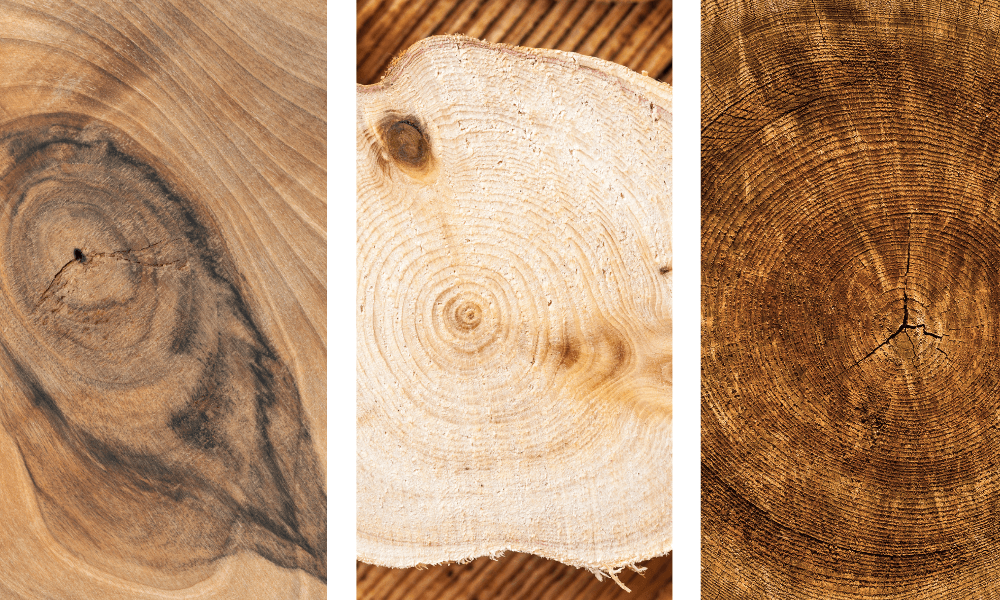
The wood used in traditional Moroccan crafts is generally cedar, thuya or olive tree. These woods are valued for their natural beauty, durability and pleasant scent.
2. Wood drying:

Before working the wood, it is naturally dried for a certain time to reduce its humidity level.
3. Design :
Moroccan artisans are renowned for their intricate designs and geometric patterns. Traditional Islamic designs, called "zillij" or "gebs," are often incorporated into wooden items.
4. The Woodcraft :
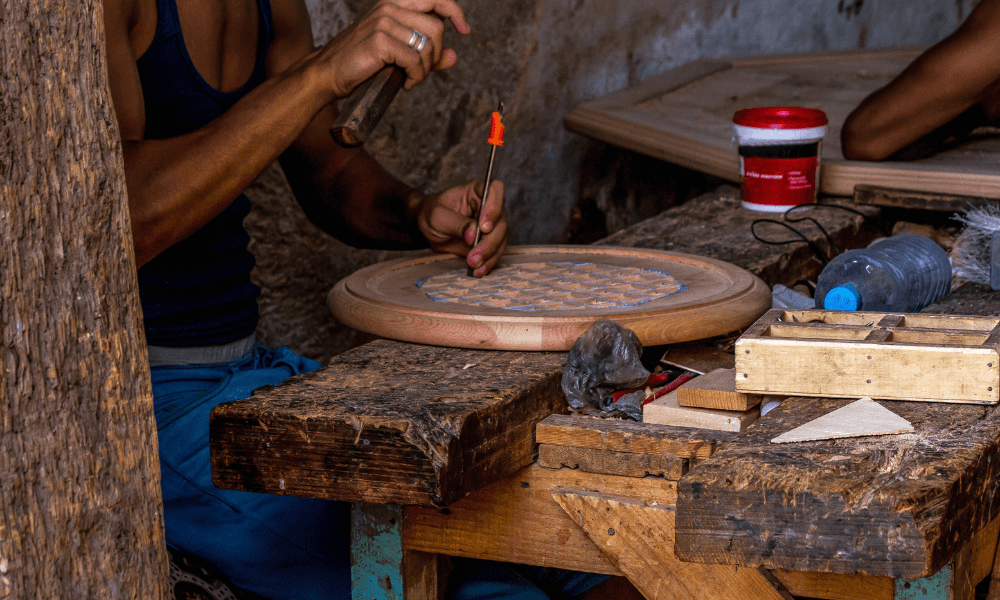
Artisans use traditional hand tools, such as saws, chisels, planes and hammers, to carve and shape wood. They can also use marquetry techniques to create inlaid designs.
5. Assembly :
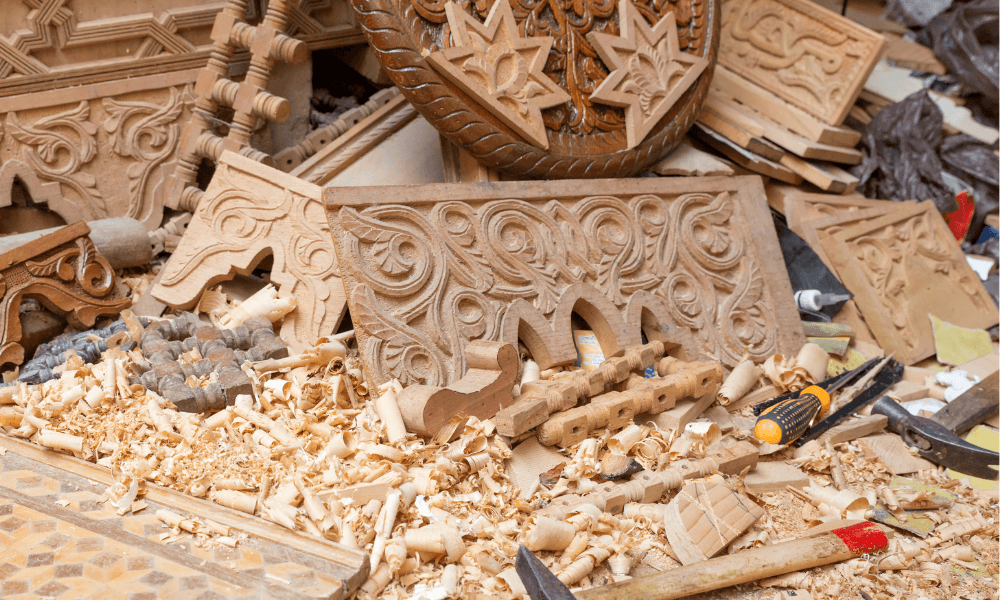
The pieces are assembled using tenons, mortises, or wooden dowels, without the aid of nails or screws. This traditional joining method is known as "dovetail."
6. Finishing :
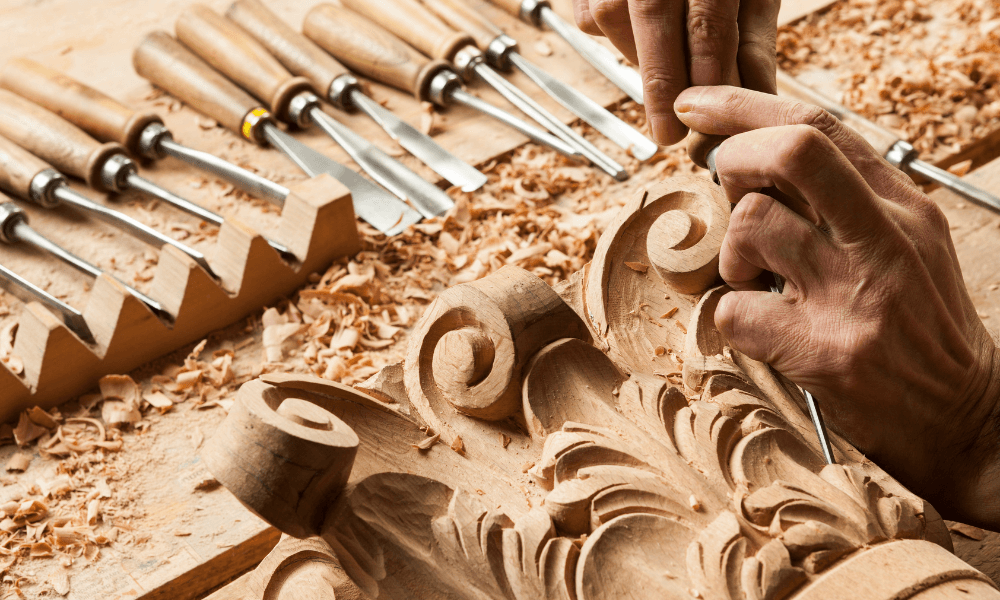
Once the item is assembled, it is sanded to a smooth surface. Craftsmen may also apply finishes, such as lacquer, beeswax, or olive oil, to protect and beautify the wood.
7. Decoration :
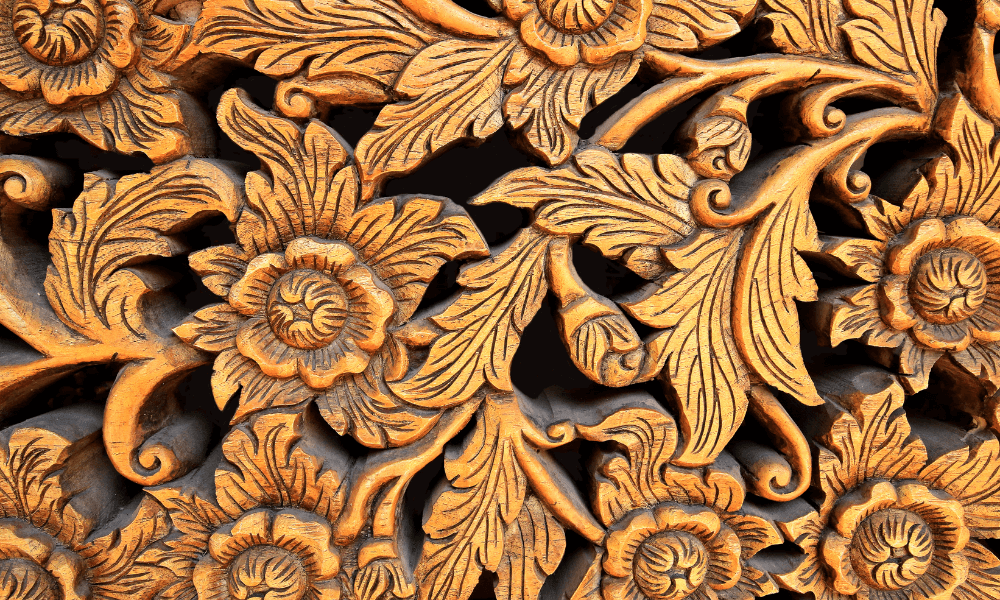
Wooden items are often decorated with precious metal inlays, bone or mother-of-pearl designs, Arabic calligraphy, or hand painting.
8. Use :

Traditional wooden articles of Morocco are used in interior decoration, architecture, ceremonies and religious rituals. Wooden doors, for example, are an iconic architectural element in many Moroccan homes.
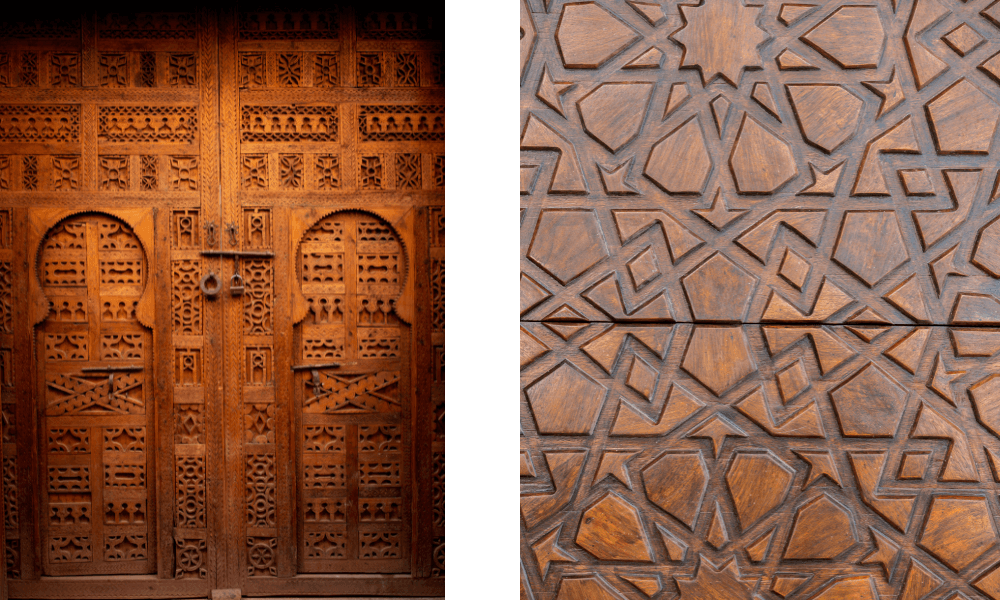
La fabrication traditionnelle Woodworking in Morocco is an art that requires time, skill and patience. Artisans perpetuate these ancient techniques to create unique pieces that reflect Moroccan culture and aesthetics.




